Fairness, Justice, Morality, Ethics, and Utilitarianism

On this page we discuss the concepts of fairness, justice, morality, and ethics as they relate to Utilitarianism.
Metaphysics is “what ought to be”, it is pure philosophy, it is “the book that comes after physics”, the most elusive category of understanding.
There is the physical (empirical, what is), logical (reason, logic-and-ethics in-thought), ethical (morals-and-ethics in-action), and metaphysical (pure metaphysic morals, or pure philosophy, what should be).
Metaphysics is like physics, but meta.
Seriously though, it is the philosophy of “what is” (it is “what ought to be” and “what might be” and just pure imagination), the reality just beyond the empirically directly obvious which may or may not be.

On this page we discuss the concepts of fairness, justice, morality, and ethics as they relate to Utilitarianism.
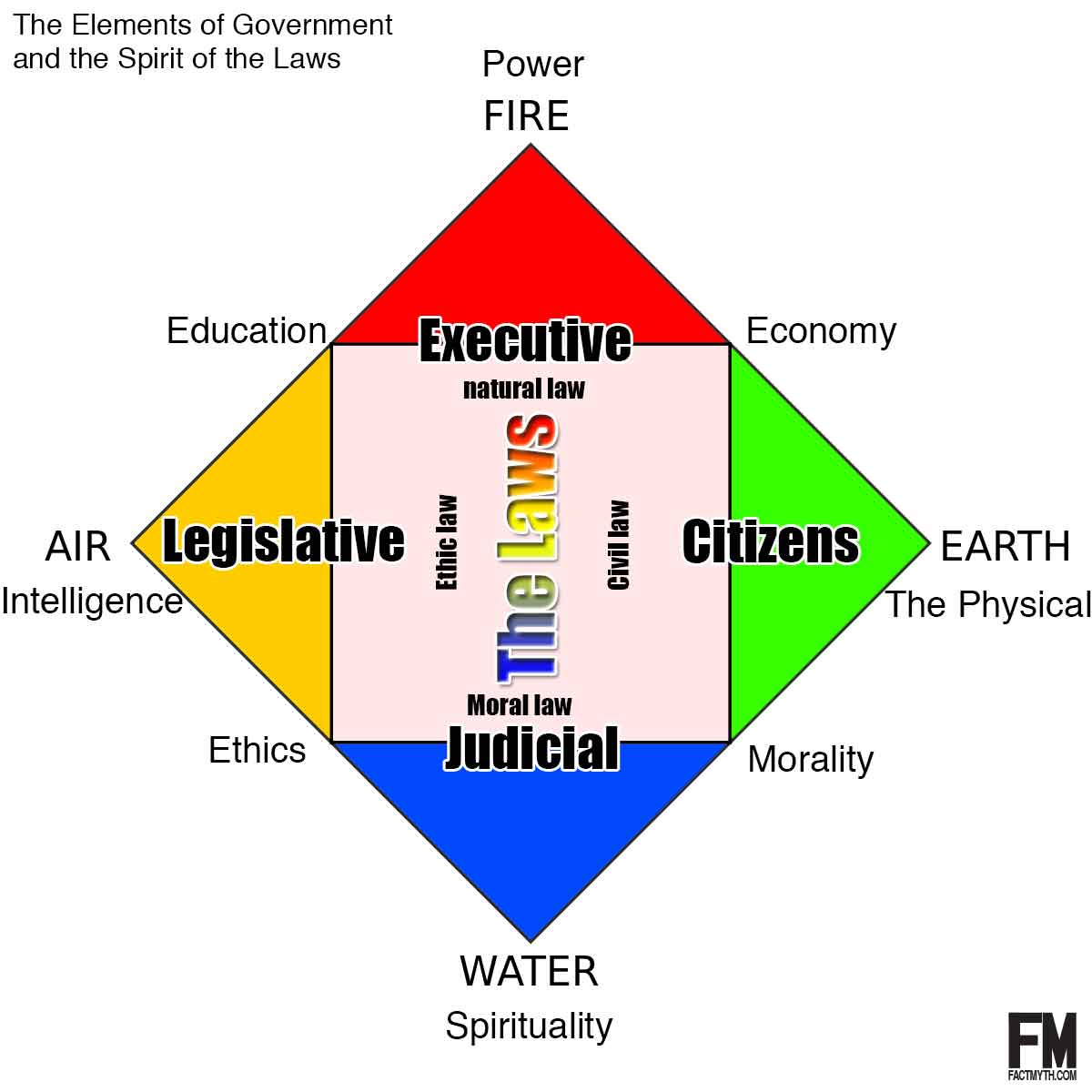
The four “elements” (or “powers”) that form the foundation of government can roughly be expressed as: citizens, executive, legislative, and judicial.

We present a list of vices and virtues and look at vices and virtues as understood by philosophers like Aristotle and Aquinas.
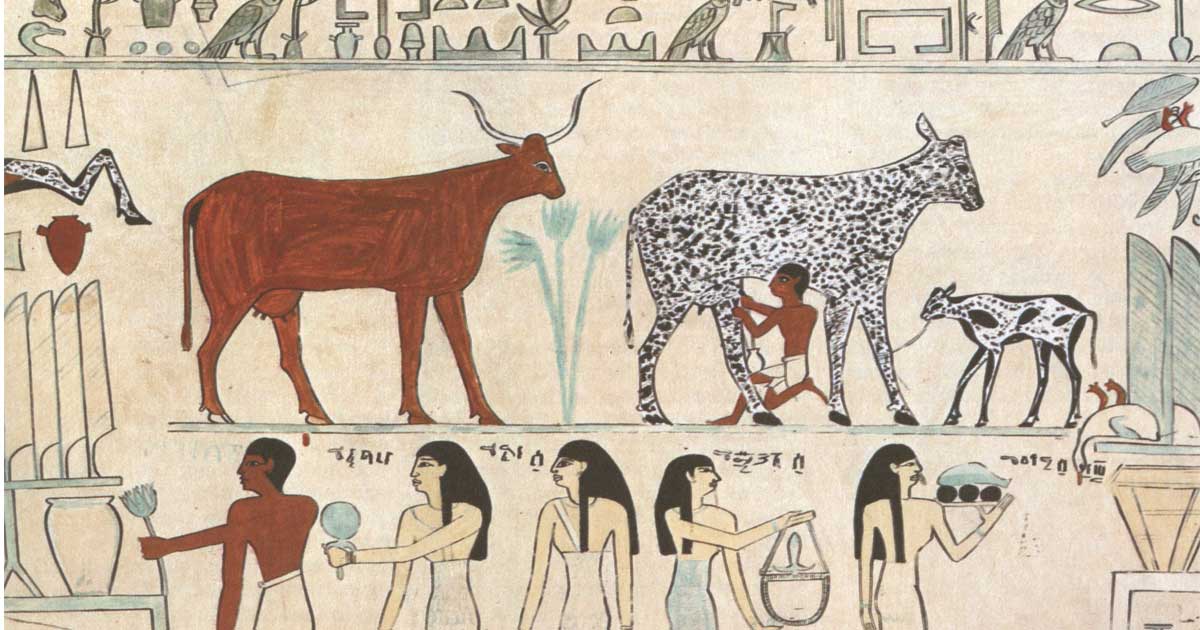
Naturally occurring social systems are systems that naturally arise when societies form, such as politics, economics, mathematics, and language.
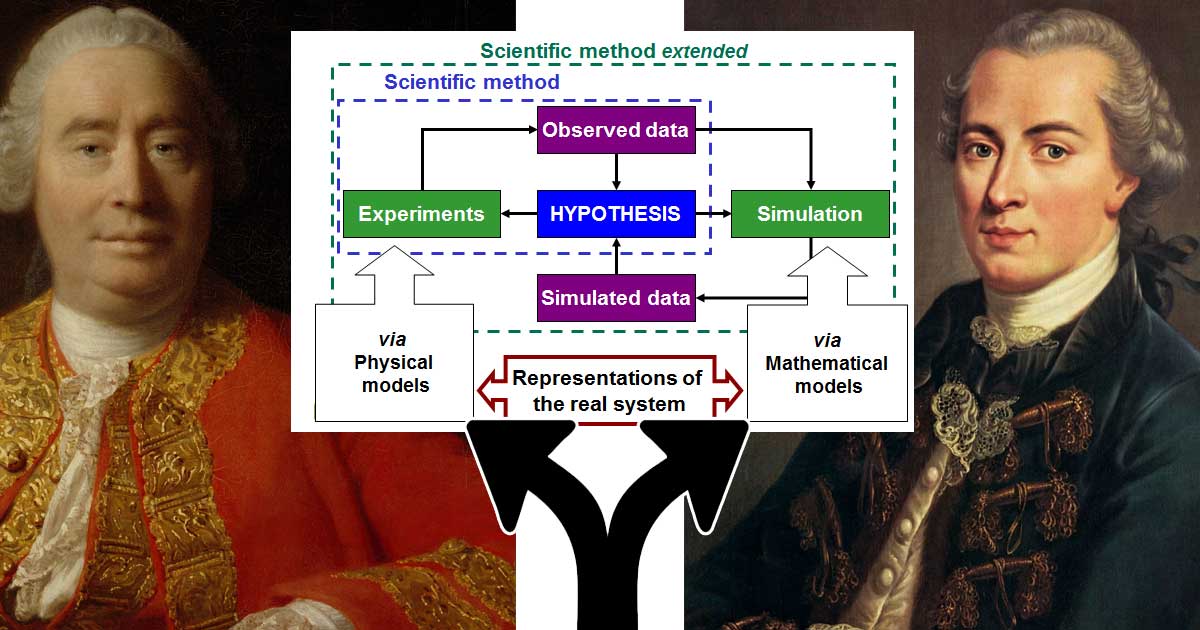
“Hume’s fork” describes how we refer to Kant’s critique of Hume, who separated knowledge into two types: facts based on ideas and facts based on experience.
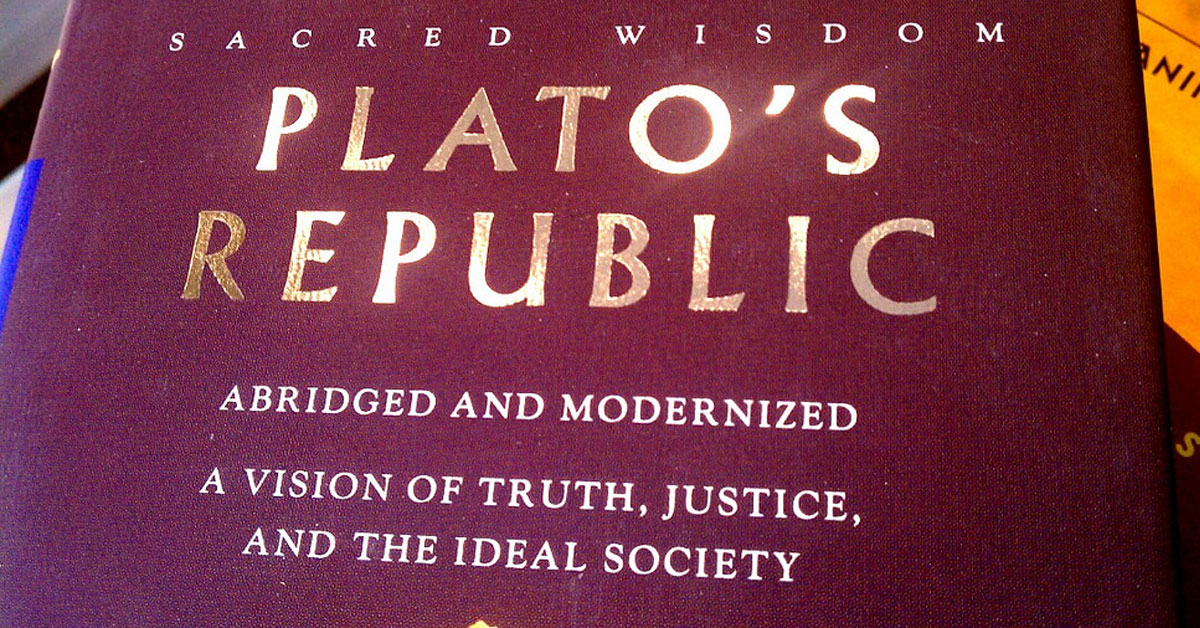
The major branches of philosophy can be denoted as: metaphysics (what is), epistemology (what we can know), logic and reason, ethics and morality, and aesthetics (beauty and art).

We present a discussion on “the meaning of life as happiness,”the Greatest Happiness Theory,” “the Good Life,”the Pursuit of Happiness,” and Virtue Theory.
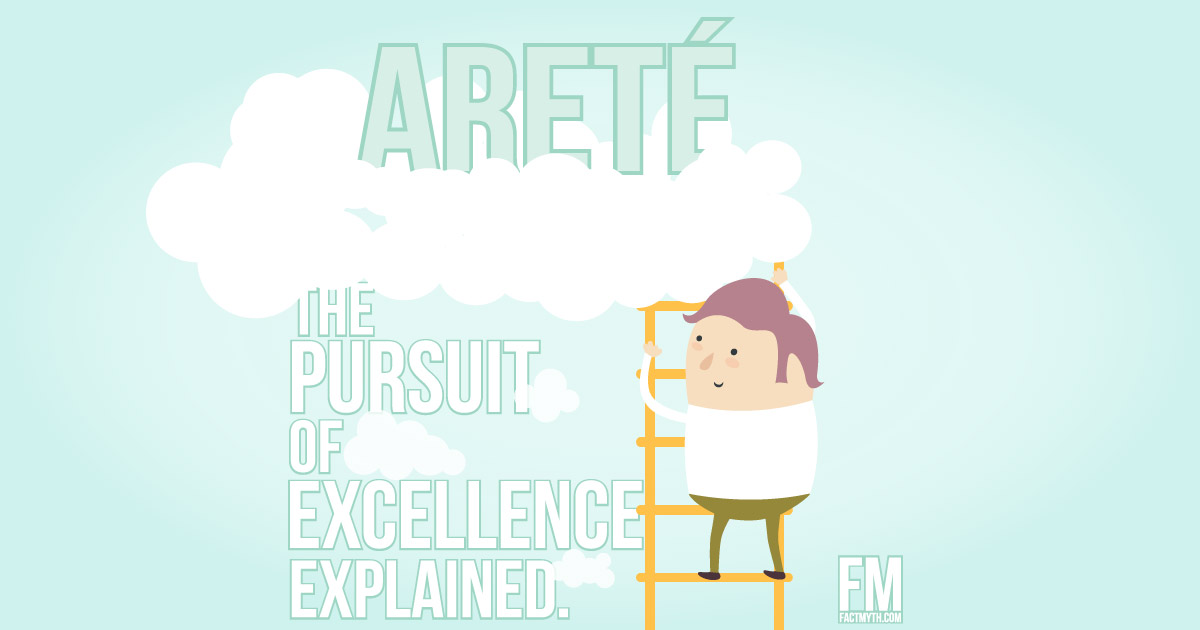
Areté roughly means “moral virtue”. It refers to an innate “excellence” or “essence” in all things, and the striving toward that potential or purpose.